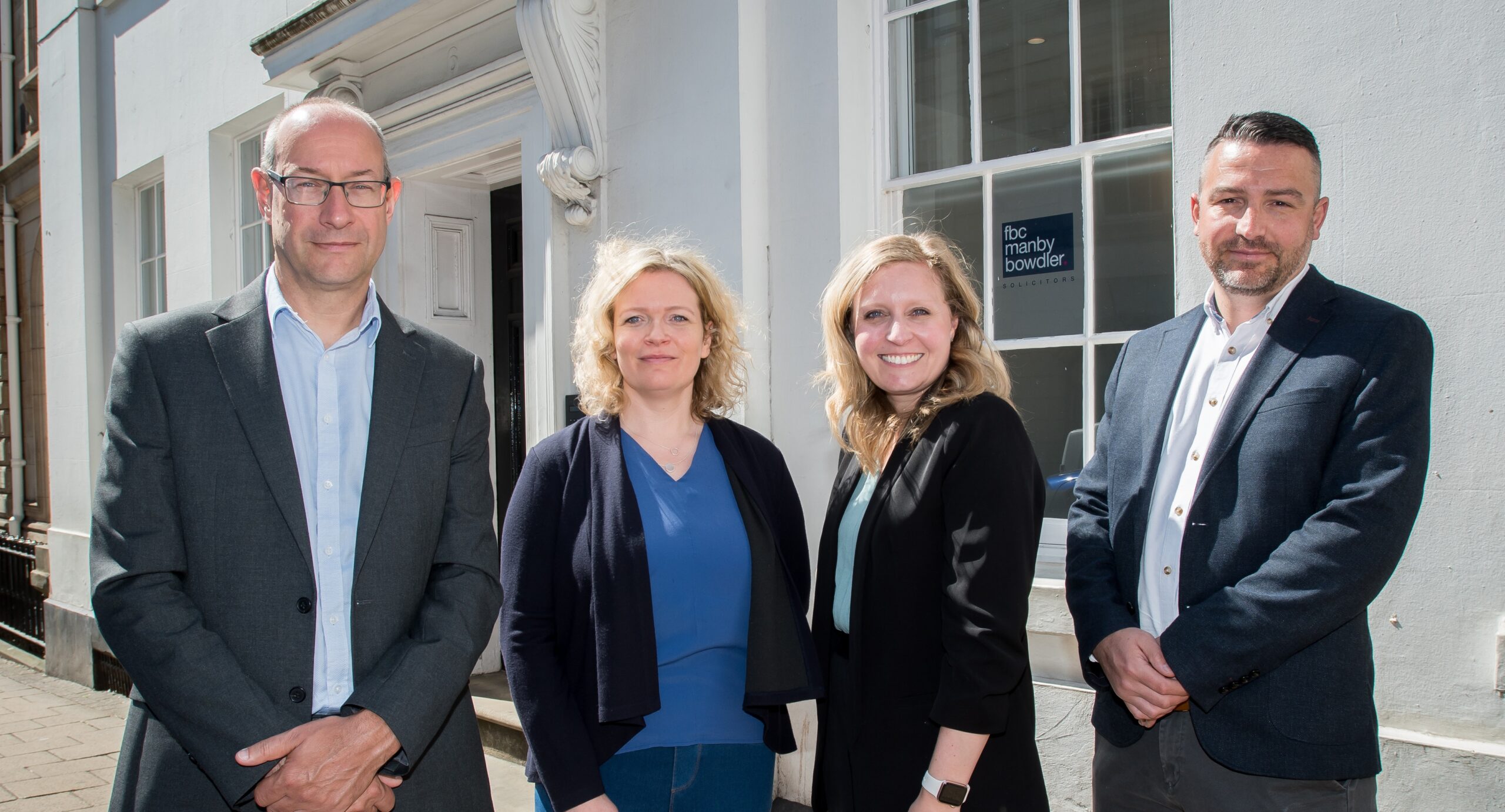Dear Chancellor: Green Growth Tops Region’s Budget Wish List
13 March 2023
As the Chancellor prepares his Spring Budget, research from Grant Thornton UK LLP’s latest Business Outlook Tracker* reveals the policy areas that West Midlands mid-market business leaders hope to see prioritised.
The survey found that incentives to support low carbon business strategies ranked top of the West Midlands wish list – with over one-third choosing this as a top priority (40%).
As the end of the super-deduction approaches, incentives for capital investment (36%) were the second top priority. Tied were incentives for employers to invest in skills attraction and development (36%), reflecting the significant battle for talent currently facing the mid-market.
The rapid adoption of digital technology during the pandemic proved the benefits of digital transformation for business and built a new foundation for the usability and functionality of digital tools. The focus on this agenda remains, as measures to support digital transformation was the next top priority for business leaders (32%).
This focus on digital is also reflected in the market’s investment priorities, with 76% of the businesses surveyed planning to invest, either more or the same amount, into technology over the next six months.
Though the market continues to grapple with high prices, and businesses face the likely loss of energy support and the impending hike in corporation tax in April, the majority (72%) of the West Midlands mid-market respondents to the research are confident that the government will provide the necessary support for businesses in the Budget.
James Brown, Managing Partner at Grant Thornton UK LLP in the West Midlands, said: “Incentives to support low carbon strategies came out as top of the list for the West Midlands, showing the sustainable ambition across the region. The Budget must provide these if we want to support businesses in reaching our net zero goals. Sustainability is a clear priority for local leaders – the Greater Birmingham and Solihull LEP has launched a Low Carbon and Circular Economy Innovation Fund for the food and drink sector – and it’s clear that the mid-market executives we surveyed are seeking more support from the Government on this critical issue.
“When it comes to the end of the super-deduction, there is a need for certainty for West Midlands businesses on what future support will be available. While it’s possible that any potential replacement incentives introduced to plug the gap will give a better overall outcome for businesses, it is unlikely. Whatever form any new incentives take, they need to be simple to implement, clear on timescales and meaningful enough, to continue to encourage businesses to invest.
“Another top priority that has come to light through the Tracker is skills and development. The government has made it clear that attracting the inactive and long-term unemployed back into the workforce is a key focus area, and business leaders in the West Midlands agree. This will be critical as many companies are still experiencing unusually high staff turnover rates and struggling to recruit to fill their available roles. Given the fierce competition for talent, jobseekers (particularly those with desirable skills) spurred on by the rising cost of living and the quest for better work-life balance, continue to be in a strong position to negotiate favourable salary and benefit packages.”












